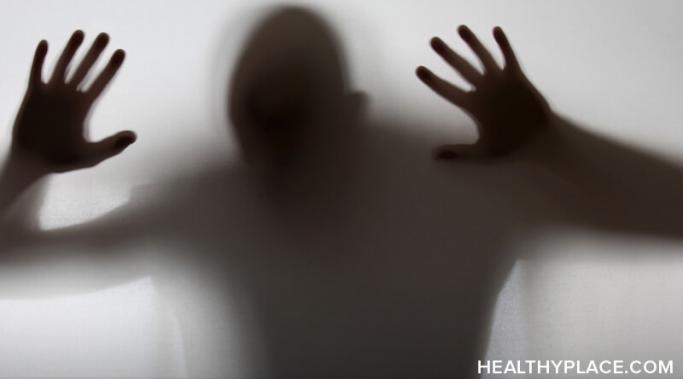Blogs
If you experience work anxiety, do you find yourself losing sleep over your job, tossing and turning and staring at the ceiling as you ruminate over what went wrong, what you did wrong, and what you will do wrong at work? Do you find it hard to get out of bed because you fear what the workday has in store for you? Maybe you have anxiety attacks even before leaving the house. When you experience any of this, your anxiety casts its evil spell and has you under its control even before you enter your workplace. Starting the day this way is a set-up for yet another daily struggle with anxiety. This battle with work anxiety gets in the way and holds you back from fully doing the job you need and want to do.
Rebuilding your self-esteem after a breakup can be tough, as anyone who has gone through a rough breakup knows. During this difficult time, we can end up convincing ourselves that we are the only ones who have done wrong, focusing on – and exaggerating out of proportion – our negative actions and weaknesses. A breakup can lead us to believe that we are without value if our self-worth was tied to the relationship. In order to avoid this distorted perspective, it’s important to take a reality check and learn how to build self-esteem after a breakup.
It can be very difficult to ask for help for dissociative identity disorder (DID). People with mental health struggles, including people with DID, often need help and support from people on the outside, whether it be doctors, therapists, family, or friends. Sometimes, it is obvious to others that we need help (Dissociative Identity Disorder Signs and Symptoms). But what happens when we need help for dissociative identity disorder and have trouble asking for it?
Posttraumatic stress disorder and psychosis? What do you think of when you hear the term "psychosis?" Most people know that it is a serious mental illness symptom that involves a radical disconnection from objective reality. Not everyone knows, however, that sometimes having posttraumatic stress disorder (PTSD) can lead to psychosis.
Anxiety relief exercises often draw your attention to the anxiety itself. But this one uses your body as a resource to calm anxiety (Ignore Anxiety–Pay Attention to What Anxiety Is Not). Your body is one of the most important resources you can use to treat anxiety. What does it really mean to use the body as a resource? Learn more and try this anxiety relief exercise.
Alcohol and opiate withdrawal symptoms can be extremely difficult, but vitamins may help people with substance use disorders by possibly easing withdrawal symptoms. Treatment methods range from quitting cold turkey to hospitalization. Sometimes medications can be prescribed to ease withdrawal symptoms (Opioids Withdrawal: How Bad Is It? Symptoms, Treatment). However, one concern for people trying to get clean is becoming dependent on another substance. It is always important to check with your doctor when considering alternative treatment so they can review your medical history and specific situation. For the scope of this post, I will cover the use of vitamins B and C for alcohol and opiate withdrawal symptoms.
Toxic relationships don’t typically begin as such; they develop with time, often leading to loss of friends and family estrangement (See how abusers isolate victims). Of course, they don’t begin this way because if you met a potential partner that made you swoon but then informed you that you’d likely lose all of your best friends and family members because of him or her, well, that’s an easy deal-breaker. So why do we ever allow toxic relationships to lead to friend and family estrangement?
The motivation for recovery from mental illness depends on the individual, so it is important to find reasons in your life to stay motivated. Recovery can be a long and bumpy road, but those reasons will give your journey purpose. Setting goals can give you something to look forward to and keep your life moving forward. Here are some of the reasons I stay motivated in recovery from mental illness.
Unhealthy behavior patterns sneak up on all of us, especially if you have a mental illness. By using awareness and reflection to uncover your unhealthy behavior patterns, and then using your patterns to recover from mental illness, you'll amplify your recovery process. If you are not aware of your unhealthy behavior patterns and tendencies, if you are not aware of what triggers you to feel depressed, anxious or mentally ill in any way, then there is no way to recover from it.









